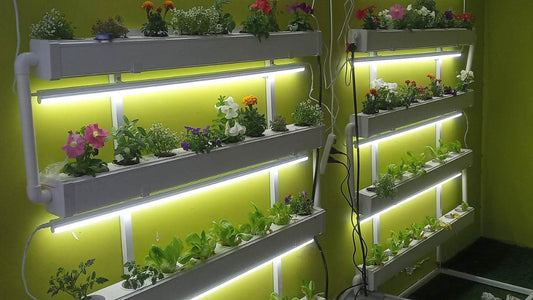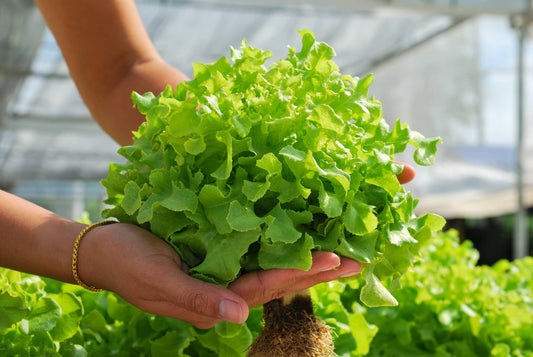Hydroponic gardening, the method of growing plants without soil, has gained popularity in urban settings, offering not only fresh produce but also significant mental health benefits. Integrating greenery into city environments through hydroponics provides urban dwellers with opportunities to engage with nature, leading to enhanced mental well-being and stress reduction.
Stress Reduction and Mental Well-being
Engaging in gardening activities has been shown to lower stress levels and improve mood. A meta-analysis published in Preventive Medicine Reports found that gardening is associated with reductions in depression and anxiety symptoms, leading to increased life satisfaction and quality of life.
Hydroponic gardening, in particular, offers a unique advantage by bringing nature into indoor and urban spaces where traditional gardening may not be feasible. This accessibility allows individuals in densely populated areas to experience the therapeutic effects of plant cultivation, fostering relaxation and mental clarity.
Cognitive Benefits
Interacting with plants has been linked to enhanced cognitive function. Research indicates that exposure to natural elements can improve attention, concentration, and memory. A study highlighted by Greater Boston Behavioral Health found that participants who engaged with plants experienced improved focus and cognitive performance.
greaterbostonbehavioralhealth.com
Incorporating hydroponic systems into homes or workplaces can thus serve as a practical approach to boost mental acuity and productivity, providing a calming environment that supports cognitive health.
Urban Integration and Accessibility
One of the significant advantages of hydroponic gardening is its adaptability to urban settings. Hydroponic systems can be established in various indoor environments, making it possible to cultivate plants in areas lacking traditional green spaces. This integration of greenery into urban life not only enhances aesthetic appeal but also contributes to residents' mental well-being.
A study conducted in Hong Kong secondary schools investigated the effects of school-based hydroponic planting integrated with health promotion activities. The findings suggested improvements in green space use, life happiness, and dietary habits among early adolescent students, indicating the potential of hydroponic gardening to promote mental health in urban populations.
Community Engagement and Social Connection
Hydroponic gardening can also foster community engagement and social interaction. Community gardens and shared hydroponic spaces provide opportunities for individuals to connect, collaborate, and support each other, which can alleviate feelings of isolation and contribute to improved mental health.
Conclusion
Hydroponic gardening offers a viable solution for incorporating nature into urban environments, providing mental health benefits such as stress reduction, cognitive enhancement, and opportunities for social engagement. As urbanization continues to rise, adopting hydroponic systems can play a crucial role in promoting mental wellness and improving the quality of life for city dwellers.




